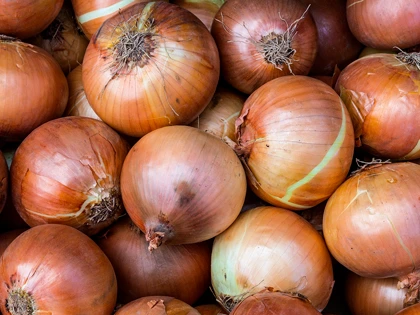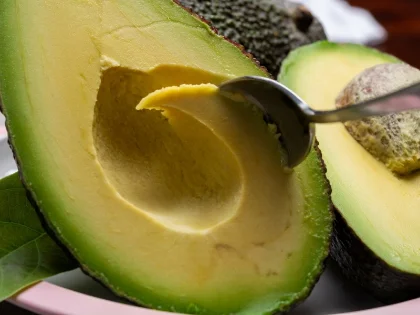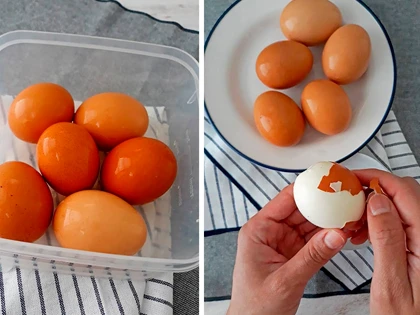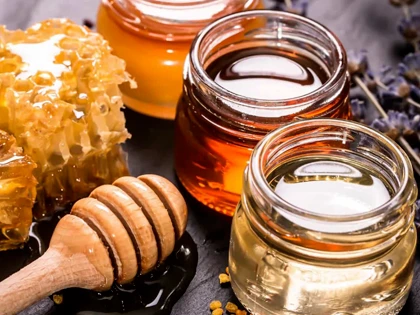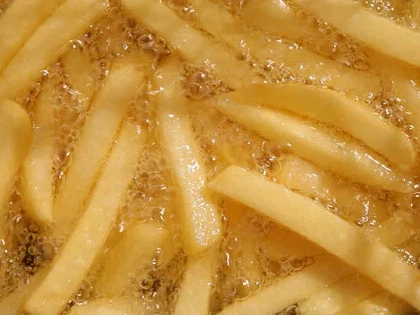Which Fruit Is The Same As Avocado?
More than 75% of the lipids in avocados are monounsaturated or polyunsaturated, making them a great source of heart-healthy fats. This beneficial fat can help increase HDL and lower LDL cholesterol levels. One of the benefits of avocados is their high potassium content, which can help in the fight against high blood pressure. In addition, it has a lot of fiber, which is beneficial for digestion.
Avocado is a fruit.
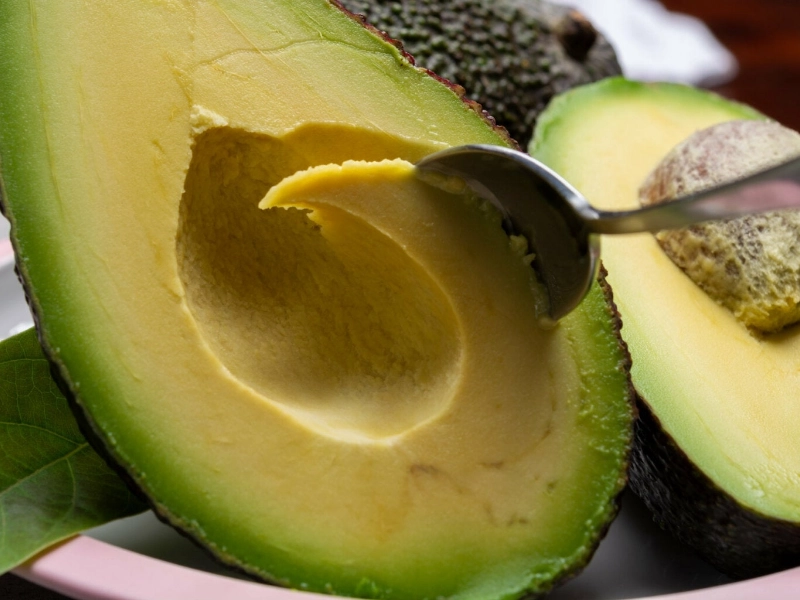
Avocado is a vegetable.
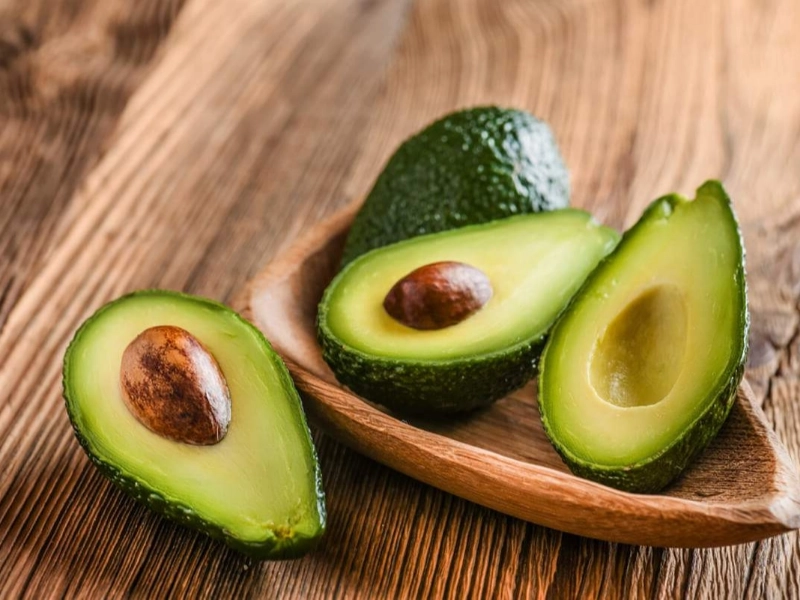 The mild, creamy, nutty flavor of avocados and their wide range of culinary applications make them great fruits and vegetables. Due to their high content of dietary fiber and heart-healthy fats, they are also beneficial for your health. They also include a healthy amount of potassium, which lowers blood pressure.
The line between fruits and vegetables is not as clear as one might believe when looking at it from a botanical point of view. In botanical terms, a fruit is the mature ovary of a plant that contains seeds, while a vegetable is any portion of the plant that can be eaten, such as the stems, roots, tubes, and leaves.
Because they develop from flowers and have seeds, avocados meet the botanical definition of a fruit. Additionally, unlike drupes like peaches and plums, which have huge pits in the middle, they contain a fleshy inner layer (the endocarp) that surrounds a single seed. The inside of the avocado is soft and creamy, with a thick outer layer. For this reason, it is the perfect option for salads, sauces and sandwiches.
The mild, creamy, nutty flavor of avocados and their wide range of culinary applications make them great fruits and vegetables. Due to their high content of dietary fiber and heart-healthy fats, they are also beneficial for your health. They also include a healthy amount of potassium, which lowers blood pressure.
The line between fruits and vegetables is not as clear as one might believe when looking at it from a botanical point of view. In botanical terms, a fruit is the mature ovary of a plant that contains seeds, while a vegetable is any portion of the plant that can be eaten, such as the stems, roots, tubes, and leaves.
Because they develop from flowers and have seeds, avocados meet the botanical definition of a fruit. Additionally, unlike drupes like peaches and plums, which have huge pits in the middle, they contain a fleshy inner layer (the endocarp) that surrounds a single seed. The inside of the avocado is soft and creamy, with a thick outer layer. For this reason, it is the perfect option for salads, sauces and sandwiches.
Avocado is a berry.
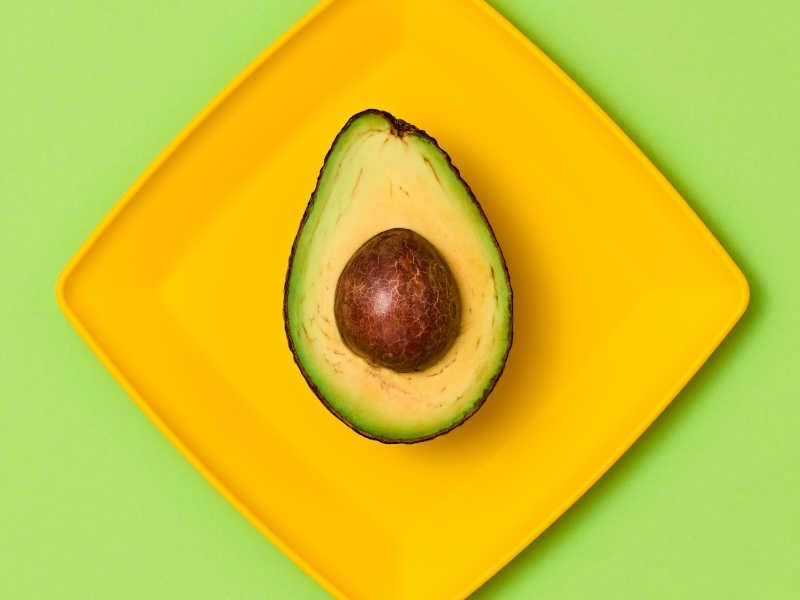 Monounsaturated fats, which are abundant in avocados, are good for the heart. They also contain vitamin C and potassium. A common component of many savory recipes, such as salads and guacamole, is avocado. It is a great accompaniment to toast, omelettes and sandwiches. As a substitute for mayonnaise and other unhealthy oils, it works well.
Avocados are classified as berries despite having a single seed due to their fleshy mesocarp and internal endocarp. Unlike other berries, which usually have a hard stone and many seeds, this one is different.
Make sure the avocado variety you choose is suitable for your climate if you want to plant your own avocado trees. Some cultivars, including Reed and Hass, have extremely cold-tolerant fruits that do not turn brown as they ripen. Some types, like bacon, are more yellow and creamy in color. However, if you are allergic to latex, you should not plant these types of plants. They contain a protein comparable to rubber latex (Hevea brasiliensis). An allergy to this substance can cause mild to severe symptoms.
Monounsaturated fats, which are abundant in avocados, are good for the heart. They also contain vitamin C and potassium. A common component of many savory recipes, such as salads and guacamole, is avocado. It is a great accompaniment to toast, omelettes and sandwiches. As a substitute for mayonnaise and other unhealthy oils, it works well.
Avocados are classified as berries despite having a single seed due to their fleshy mesocarp and internal endocarp. Unlike other berries, which usually have a hard stone and many seeds, this one is different.
Make sure the avocado variety you choose is suitable for your climate if you want to plant your own avocado trees. Some cultivars, including Reed and Hass, have extremely cold-tolerant fruits that do not turn brown as they ripen. Some types, like bacon, are more yellow and creamy in color. However, if you are allergic to latex, you should not plant these types of plants. They contain a protein comparable to rubber latex (Hevea brasiliensis). An allergy to this substance can cause mild to severe symptoms.
Avocado is a nut.
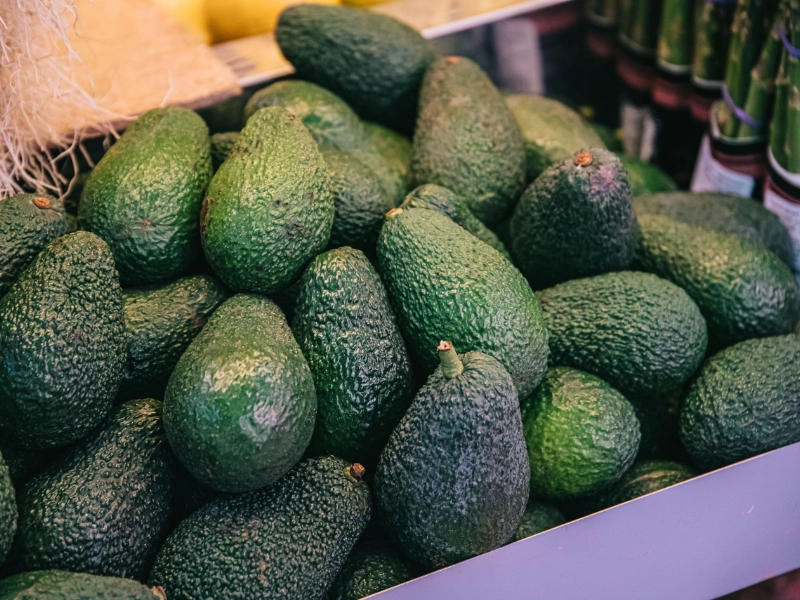 Avocados are rich in nutrients and have special health benefits. They are rich in monounsaturated fats, potassium, fiber, and vitamin K. They have also been linked to heart health and contain a significant amount of phytochemicals. They are abundant in N-3 fatty acids, which are essential for brain development and cognitive function.
But because avocados are classified as both a vegetable and a nut, many people aren't sure if they should eat them. An avocado is actually just a large berry with a seed inside. Although it has a walnut-like outer skin, it is not the same as a walnut.
If you are allergic to latex, you should stay away from avocados. Contains a protein that can cause allergic reactions; It resembles the latex found in rubber trees. Before consuming avocados, you should consult your doctor if you have a latex allergy. Other fruits and vegetables rich in nutrients and vitamins are still available for you to enjoy.
Avocados are rich in nutrients and have special health benefits. They are rich in monounsaturated fats, potassium, fiber, and vitamin K. They have also been linked to heart health and contain a significant amount of phytochemicals. They are abundant in N-3 fatty acids, which are essential for brain development and cognitive function.
But because avocados are classified as both a vegetable and a nut, many people aren't sure if they should eat them. An avocado is actually just a large berry with a seed inside. Although it has a walnut-like outer skin, it is not the same as a walnut.
If you are allergic to latex, you should stay away from avocados. Contains a protein that can cause allergic reactions; It resembles the latex found in rubber trees. Before consuming avocados, you should consult your doctor if you have a latex allergy. Other fruits and vegetables rich in nutrients and vitamins are still available for you to enjoy.

